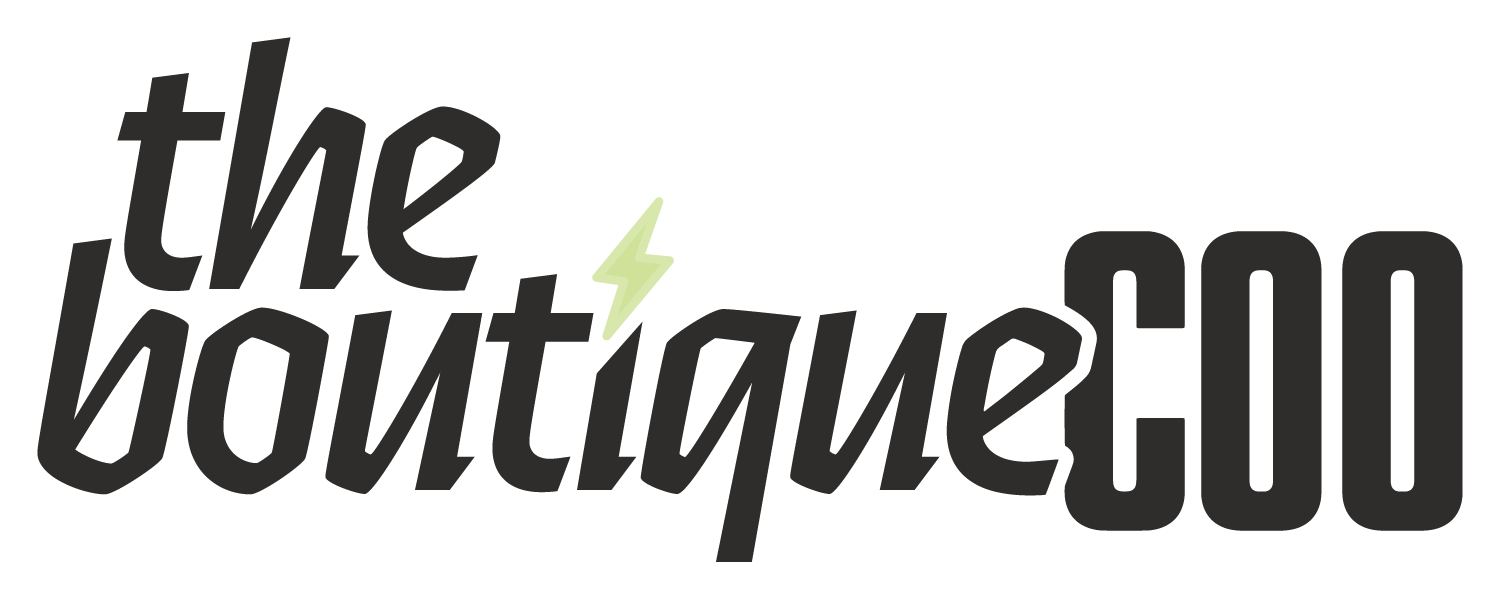7 Tools to Manage Bookkeeping in 2025: Why QuickBooks Online Is Still King
As a bookkeeper for a portfolio of growing businesses, one question I get all the time is: What’s the best bookkeeping software for small businesses today?
My answer, hands down, is still QuickBooks Online (QBO). In 2025, it’s better than ever—intuitive, powerful, and constantly improving with smart automation and AI.
But here’s the thing: great bookkeeping isn’t just about accounting software. It’s about creating an innovative, efficient workflow—with tools that support everything from bill pay and expense tracking to reporting and documentation.
Here’s my go-to bookkeeping tech stack for small businesses in 2025—centered around QBO and powered by the right tools to support.
7 Tools All Small Businesses Need for Bookkeeping
1. QuickBooks Online
The heart of your bookkeeping system
QuickBooks Online remains the industry leader for good reason. It’s flexible, scalable, and packed with features that work whether you’re a solo entrepreneur or managing a multi-million-dollar operation.
Why I love it:
AI-powered bank feeds that actually get smarter over time
Built-in reporting dashboards that give real insight
Seamless integrations with dozens of key apps
Scalable for businesses with contractors, employees, inventory, or all of the above
2. Bill.com
For effortless bill pay and approval workflows
Bill.com streamlines accounts payable with digital bill entry, custom approval chains, and automated payments. It syncs beautifully with QBO, ensuring your books stay up to date without the manual hassle.
3. Hubdoc
For collecting and organizing receipts and documents
Think of Hubdoc as your digital paper trail. Snap photos of receipts, forward emailed bills, or sync accounts for automatic document pulls. Everything is tagged, filed, and synced to QBO—making tax season a breeze.
4. Expensify
For employee expense tracking and reimbursements
If your team is submitting expenses, Expensify makes it painless. Employees scan receipts, the system automatically categorizes them, and you approve in one click. Bonus: It integrates directly with QBO for a seamless reimbursement process.
5. Google Docs + Google Sheets
For collaboration, SOPs, and shared financial checklists
Sometimes, the simplest tools are the most powerful. I utilize Google Workspace to store internal Standard Operating Procedures (SOPs), monthly close checklists, and key planning documents. It’s perfect for collaborating with remote teams or external bookkeepers.
Read More: SOP Documentation: How to Make High-Quality SOPs for My Business6. Fathom
For KPI tracking, financial analysis, and strategic insight
This one’s a powerhouse. Fathom (the financial reporting tool, not the notetaker) integrates with QuickBooks Online to deliver beautiful, in-depth performance dashboards. You can track KPIs, generate management reports, and forecast scenarios—all without building complex spreadsheets. If you’re serious about data-driven decision-making, Fathom is a must.
7. AI Notetakers (like Fathom.ai or Otter.ai)
For capturing meetings and financial discussions
If you’re in regular meetings with your CPA, finance team, or investors, using an AI notetaker like Fathom.ai or Otter.ai helps keep a searchable record of your conversations. No more scrambling to remember what was said or what the action items were—it’s all transcribed, summarized, and ready to review.
Streamlining Your Small Business Bookkeeping in 2025
Bookkeeping in 2025 is about more than data entry—it’s about building a system that supports real-time insights, streamlined processes, and strategic growth. With QuickBooks Online at the center and tools like Fathom, Bill.com, Hubdoc, and more working alongside it, you can create a smart financial foundation that scales with your business.
Need help building your tech stack or wondering where to start?
We’d be happy to share what’s worked for our clients—and help you find a setup that fits your business and budget.


